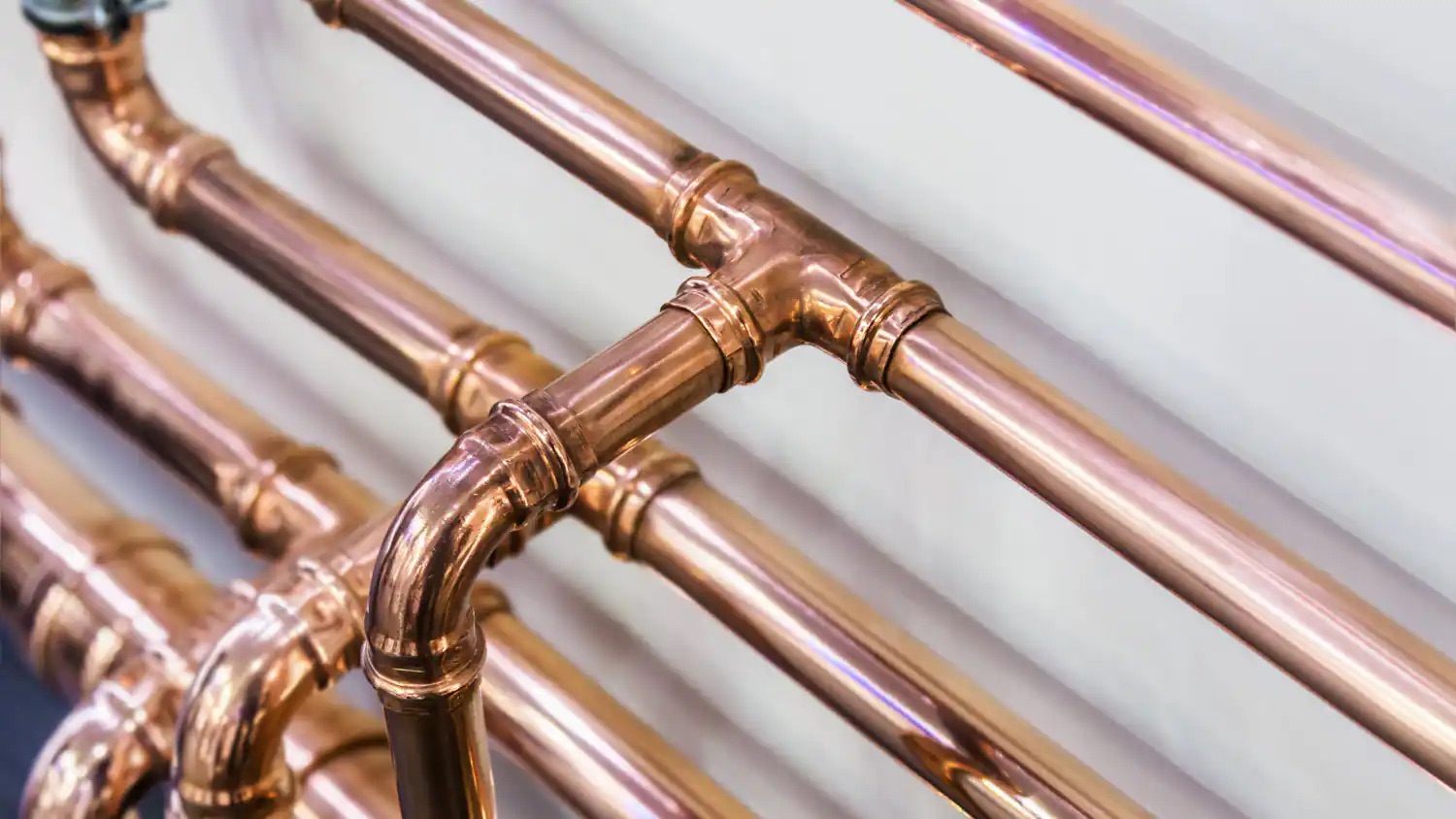

Articles
Why Is Copper Used For In Plumbing
Modified: December 7, 2023
Discover the various uses of copper in plumbing with our informative articles. Learn how copper pipes are essential for durable and efficient plumbing systems.
(Many of the links in this article redirect to a specific reviewed product. Your purchase of these products through affiliate links helps to generate commission for Storables.com, at no extra cost. Learn more)
Introduction
Copper is a versatile and widely used material in the field of plumbing. Its exceptional properties, such as durability, corrosion resistance, and thermal conductivity, make it an ideal choice for plumbing systems. Whether you are renovating your home or building a new property, understanding the various uses and advantages of copper in plumbing can help you make informed decisions and ensure long-lasting, reliable plumbing systems.
In this article, we will explore the role of copper in plumbing and highlight its numerous benefits. From water pipes to fittings and connectors, water heaters to shower faucets, and even HVAC systems and water treatment installations, copper plays a crucial role in ensuring the efficient and safe operation of these plumbing components.
So, let’s dive into the world of copper in plumbing and discover why it is such a popular and sought-after material in the industry.
Key Takeaways:
- Copper’s durability, antimicrobial properties, and thermal conductivity make it an ideal choice for plumbing. From water pipes to fittings, copper ensures reliable, long-lasting, and hygienic plumbing systems, minimizing maintenance needs and enhancing energy efficiency.
- The versatility of copper in plumbing extends to water heaters, shower fixtures, HVAC systems, and water treatment installations. Its ease of installation, aesthetic appeal, and environmental sustainability make it a top choice for both residential and commercial plumbing needs.
Read more: Why Is Copper Plumbing Better Than Aluminum
Copper as a Plumbing Material
Copper has been used in plumbing systems for centuries and continues to be one of the most widely used materials in the industry. Its unique properties make it an excellent choice for plumbing applications, both in residential and commercial settings.
One of the key advantages of copper is its exceptional durability. Copper pipes and fittings can withstand high temperatures, high pressures, and extreme weather conditions without the risk of corrosion or degradation. This makes copper a reliable and long-lasting option for plumbing systems, minimizing the need for frequent repairs or replacements.
Another benefit of copper is its resistance to bacteria growth. Copper has inherent antimicrobial properties, which means that it naturally inhibits the growth of harmful bacteria and pathogens. This makes it a hygienic choice for plumbing systems, ensuring clean and safe water supply.
In addition to its durability and antimicrobial properties, copper is also highly resistant to fire. It has a high melting point and does not release toxic fumes when exposed to high temperatures, making it a safe material for plumbing systems.
Furthermore, copper has excellent thermal conductivity, which means that it transfers and distributes heat efficiently. This makes it an ideal material for water heaters and HVAC systems, ensuring quick and efficient heating and cooling of water and air.
Overall, copper’s durability, bacteria-resistance, fire-resistance, and thermal conductivity make it a top choice for plumbing materials. Its reliability and longevity make it a cost-effective option in the long run, as it reduces maintenance and replacement costs.
Advantages of Copper in Plumbing
Choosing copper for your plumbing system offers numerous advantages that contribute to the overall performance, durability, and safety of your plumbing infrastructure. Here are some key benefits of using copper in plumbing:
- Durability: Copper pipes and fittings have a long lifespan and are resistant to corrosion, cracking, and leaking. They can withstand high water pressures and extreme temperature changes without compromising their structural integrity.
- Reliability: Copper is a reliable material that ensures consistent water flow and pressure in plumbing systems. It resists debris buildup, minimizing the risk of clogs and blockages.
- Safe Drinking Water: Copper is an excellent choice for delivering clean and safe drinking water. It is naturally antimicrobial, inhibiting the growth of bacteria and preventing the transmission of waterborne diseases.
- Heat Resistance: Copper has excellent thermal conductivity, allowing it to efficiently transfer heat. This property makes copper pipes and fittings ideal for hot water distribution, water heaters, and radiant heating systems.
- Easy Installation: Copper pipes and fittings are easy to work with due to their malleability, making installation and repairs straightforward. They can be soldered or brazed with ease, providing secure and leak-free joints.
- Low-Maintenance: Copper plumbing systems require minimal maintenance. Their resistance to corrosion and degradation means that they do not need frequent replacements or repairs, resulting in cost savings over time.
- Environmental Sustainability: Copper is a recyclable material, making it an environmentally friendly choice for plumbing. Recycling copper reduces the need for mining and extraction, conserving natural resources.
Overall, the advantages of copper in plumbing systems contribute to their longevity, efficiency, and safety. Whether you are considering copper for residential or commercial plumbing, its reliability and performance make it a wise investment.
Common Uses of Copper in Plumbing
Copper is a versatile material that is used in various plumbing applications. Its exceptional properties and reliability make it indispensable in ensuring the proper functioning of plumbing systems. Let’s explore some of the common uses of copper in plumbing:
- Water Pipes: Copper pipes are frequently used for water distribution systems in both residential and commercial buildings. Their durability, corrosion resistance, and leak-free joints provide a reliable and long-lasting solution for delivering clean and safe water.
- Fittings and Connectors: Copper fittings and connectors are used to create secure joints between copper pipes, ensuring proper water flow and preventing leaks. They can be easily soldered or brazed, providing a durable connection.
- Water Heaters: Copper is an ideal material for water heaters due to its exceptional heat conductivity. Copper tubing is often used in the heat exchangers of water heaters, enabling efficient heat transfer and quick hot water delivery.
- Shower and Faucets: Copper is widely used in the manufacturing of showerheads and faucets due to its aesthetic appeal and durability. Copper fixtures not only add a touch of elegance to bathrooms but also provide reliable and long-lasting performance.
- Sinks and Drains: Copper sinks and drains are popular choices for both residential and commercial applications. Besides their visual appeal, copper sinks and drains are corrosion-resistant and easy to clean.
- HVAC Systems: Copper pipes and tubing are commonly used in HVAC (Heating, Ventilation, and Air Conditioning) systems. They facilitate the efficient distribution of heated or cooled air, ensuring optimal comfort indoors.
- Water Treatment Systems: Copper plays a vital role in water treatment systems. Copper pipes and fittings are used for transporting and distributing treated water, while copper alloys are used in filtration and purification processes.
- Pool and Spa Installations: Copper is often used in pool and spa installations due to its resistance to corrosion from chlorine and other pool chemicals. Copper pipes and fittings ensure the efficient circulation of water in these systems.
These are just a few examples of how copper is utilized in plumbing applications. Its versatility, durability, and performance make it a favored choice among plumbing professionals and homeowners alike.
Water Pipes
Water pipes are one of the most common and essential uses of copper in plumbing systems. Copper pipes are widely utilized for delivering clean and safe water in both residential and commercial buildings. The use of copper pipes for water distribution has been prevalent for many years due to the numerous advantages they offer.
Copper pipes are highly durable and have excellent corrosion resistance. They can withstand high water pressures and extreme temperature fluctuations without getting damaged or compromised. This durability ensures that the water pipe system remains intact and leak-free for a long time, minimizing the need for frequent repairs or replacements.
Furthermore, copper is a safe material for delivering drinking water. It is naturally antimicrobial, meaning it inhibits the growth of bacteria and other microorganisms. This quality ensures that the water passing through copper pipes remains clean and free from harmful contaminants. Copper pipes also do not release any odors or taste, ensuring the water’s quality and taste are not affected.
Copper pipes are also known for their excellent heat conductivity. This property allows for quick and efficient heat transfer, which is useful in both hot and cold water systems. Copper pipes can efficiently carry hot water without losing heat, making them ideal for applications such as showers and dishwashers.
When it comes to installing copper water pipes, they are relatively easy to work with. Copper pipes are malleable, which means they can be bent and shaped to fit the required plumbing layout. This flexibility allows for customized installations to meet specific building requirements.
In addition to their durability and functionality, copper pipes also have aesthetic appeal. The distinctive reddish color of copper adds a touch of elegance to plumbing systems, making them visually appealing.
Overall, the use of copper pipes in water distribution systems ensures a reliable and long-lasting supply of clean water. Their durability, corrosion resistance, heat conductivity, and aesthetic appeal make them a top choice for plumbing professionals and homeowners.
Read more: How To Solder Copper Plumbing
Fittings and Connectors
In plumbing systems, fittings and connectors play a crucial role in joining different sections of pipes and creating secure connections. Copper fittings and connectors are widely used due to their reliability, durability, and ease of installation.
Copper fittings and connectors are available in various shapes and sizes to accommodate different plumbing configurations. They are commonly used in both residential and commercial applications to connect copper pipes, ensuring proper water flow and preventing leaks.
One of the major advantages of using copper fittings and connectors is their compatibility and versatility. Copper pipes can be easily joined with copper fittings through soldering or brazing, creating a strong and leak-free connection. This makes installation and repairs easier and less time-consuming.
Copper fittings and connectors are known for their durability. They are resistant to corrosion and degradation, ensuring that the plumbing system remains leak-free and reliable for an extended period of time. The longevity of copper fittings reduces the risk of costly water damage caused by pipe leaks.
Another benefit of copper fittings and connectors is their resistance to extreme temperatures. Copper has excellent thermal conductivity, allowing it to handle hot water without compromising its structural integrity. This makes copper fittings and connectors well-suited for applications such as water heaters and radiant heating systems.
In addition to their functional advantages, copper fittings and connectors also provide aesthetic appeal. The reddish hue of copper adds an elegant touch to plumbing systems, enhancing the overall visual appeal of the space.
When it comes to maintenance, copper fittings and connectors require minimal care. Their resistance to corrosion means that they do not need frequent replacements or repairs. This results in cost savings over time and ensures the longevity of the plumbing system.
Overall, copper fittings and connectors are essential components in plumbing systems. Their compatibility, durability, ease of installation, and aesthetic appeal make them a preferred choice for professionals and homeowners alike.
Water Heaters
Water heaters are essential for providing hot water in residential and commercial buildings. Copper plays a vital role in the construction and operation of water heaters, contributing to their efficiency and reliability.
Copper is an excellent material for water heaters due to its exceptional heat conductivity. Copper tubing is commonly used in the heat exchangers of water heaters, where it allows for efficient heat transfer from the heat source to the water. This means that water heats up quickly, reducing energy consumption and ensuring a constant and reliable supply of hot water.
Another advantage of using copper in water heaters is its durability. Copper is highly resistant to corrosion, even in the presence of hot water and harsh chemicals. This prevents the degradation of the heat exchanger and extends the lifespan of the water heater.
Copper’s resistance to high temperatures also makes it suitable for use in water heaters. It can withstand the heat generated by the heating elements or burners without warping or melting, ensuring the safe and efficient operation of the appliance.
In addition to its functional advantages, copper in water heaters also contributes to safety. Copper does not release toxic fumes or substances when exposed to high temperatures, providing peace of mind for both homeowners and professionals.
Furthermore, copper is a hygienic choice for water heaters. Its antimicrobial properties inhibit the growth of bacteria and other harmful microorganisms, ensuring that the hot water supplied by the heater remains clean and safe for use.
It’s worth noting that copper water heaters are available in different types and capacities to suit various needs. From tankless water heaters to traditional storage tank models, copper is used in the construction of both residential and commercial water heaters.
With its excellent heat conductivity, durability, and safety features, copper is an ideal material for water heaters. It ensures efficient heat transfer, extends the lifespan of the appliance, and provides clean and safe hot water for everyday use.
When using copper for plumbing, make sure to properly clean and flux the joints before soldering to ensure a secure and leak-free connection.
Shower and Faucets
Copper is widely used in the manufacturing of showerheads and faucets, adding both functionality and aesthetic appeal to bathrooms and kitchens. The distinct reddish hue and timeless beauty of copper fixtures make them a popular choice among homeowners and interior designers.
One of the primary advantages of using copper in showerheads and faucets is its durability. Copper is a corrosion-resistant material, making it ideal for withstanding the constant exposure to water and moisture in these fixtures. Copper fixtures are less prone to rust, tarnish, or discoloration, ensuring long-lasting beauty and performance.
In addition to their durability, copper showerheads and faucets offer functionality. Copper has excellent thermal conductivity, which means that it responds quickly to temperature changes. This results in a more responsive and enjoyable bathing experience, as the water adjusts to your desired temperature faster.
Copper fixtures also provide excellent water pressure. With their smooth interior surfaces, copper pipes and fittings help maintain a steady and powerful water flow, enhancing the showering or handwashing experience.
Furthermore, copper is a sustainable choice for showerheads and faucets. It is a naturally occurring element and can be easily recycled, reducing the need for new material extraction. Choosing copper fixtures contributes to environmentally friendly practices and promotes a greener lifestyle.
In terms of maintenance, copper showerheads and faucets are relatively easy to care for. They are resistant to bacterial growth and mineral buildup, minimizing the need for frequent cleaning or maintenance. A simple wipe with a soft cloth and mild soap is usually enough to keep them looking clean and shiny.
Last but not least, copper fixtures add a touch of elegance and warmth to the bathroom or kitchen. The rich and warm color of copper complements various design styles, from traditional to modern. Copper fixtures can serve as a focal point, elevating the overall aesthetic appeal of the space.
With their durability, functionality, sustainability, and aesthetic appeal, copper showerheads and faucets offer a superior choice for any bathroom or kitchen. They provide both practicality and beauty, creating an enjoyable and visually pleasing environment for everyday use.
Sinks and Drains
Copper sinks and drains are popular choices for both residential and commercial applications, offering both practicality and aesthetic appeal. Copper’s unique properties make it an excellent material for sinks and drains, elevating the functionality and visual appeal of kitchens and bathrooms.
One of the key advantages of copper sinks and drains is their durability. Copper is a highly durable material that can withstand the rigors of daily use. It is resistant to corrosion and does not easily crack or chip, ensuring that the sink and drain remain in excellent condition for many years.
In addition to their durability, copper sinks and drains are also easy to maintain. Copper naturally develops a patina over time, which adds to its charm and character. To maintain its shine, simply wipe it with a mild soap and water solution. This simple cleaning routine can help keep copper sinks and drains looking beautiful for years to come.
Copper is also naturally antimicrobial, meaning it inhibits the growth of bacteria and other microorganisms. This makes copper sinks and drains a hygienic choice for kitchens and bathrooms, ensuring a cleaner and safer environment. The antimicrobial properties of copper can contribute to improved hygiene and reduce the risk of cross-contamination.
Copper sinks and drains are known for their excellent heat conductivity. This means that they respond quickly to changes in water temperature, making them ideal for washing dishes or hands in the kitchen. The efficient heat transfer provided by copper can enhance the overall user experience.
Furthermore, copper sinks and drains add a touch of elegance and warmth to any space. Copper’s reddish-brown hue gives a unique and luxurious look that complements a variety of design styles, from traditional to contemporary. Copper sinks and drains can become a focal point in the kitchen or bathroom, enhancing the overall aesthetic appeal of the space.
Whether it’s a farmhouse-style kitchen sink or a sleek and modern bathroom basin, copper sinks and drains offer a combination of durability, hygiene, and timeless beauty. They provide a functional and visually appealing solution for any kitchen or bathroom design.
Read more: Why Use A Plumb Bob
HVAC Systems
Copper plays a crucial role in HVAC (Heating, Ventilation, and Air Conditioning) systems, contributing to their efficiency and performance. Whether it’s for residential or commercial applications, copper is widely used in various components of HVAC systems.
One of the key advantages of copper in HVAC systems is its excellent thermal conductivity. Copper has the ability to effectively transfer heat, allowing for efficient heating and cooling processes. Copper tubing and coils are commonly used in HVAC systems to transport refrigerant and facilitate the heat exchange process.
When it comes to heating systems, copper coils in furnaces and heat pumps help to transfer heat efficiently. Copper’s conductivity ensures that heat is distributed evenly, maximizing energy efficiency and providing consistent warmth throughout the space.
In air conditioning systems, copper is used in the construction of evaporator coils and condenser coils. Evaporator coils are responsible for absorbing heat from the indoor air, while condenser coils release heat to the outdoor environment. The high thermal conductivity of copper helps optimize the heat transfer process, leading to more efficient air conditioning performance.
Another advantage of using copper in HVAC systems is its durability. Copper is highly resistant to corrosion, even in the presence of moisture and chemicals. This makes copper coils and tubing more reliable and less prone to leaks or malfunctions, ensuring the long-term efficiency and longevity of the HVAC system.
Furthermore, copper’s antimicrobial properties contribute to the cleanliness of HVAC systems. Copper naturally inhibits the growth of bacteria and other harmful microorganisms, reducing the risk of air contamination and providing better indoor air quality for occupants.
In terms of installation, copper’s malleability and flexibility make it easy to work with in HVAC systems. It can be easily bent and shaped to fit the required configurations, allowing for customized installations that meet specific heating and cooling needs.
Overall, copper’s thermal conductivity, durability, and antimicrobial properties make it an ideal material for HVAC systems. Its use in the construction of coils and tubing ensures efficient heat transfer, consistent performance, and clean air circulation, providing optimal comfort and energy efficiency in residential and commercial spaces.
Water Treatment Systems
Copper plays a vital role in water treatment systems, ensuring the safe and efficient purification, filtration, and distribution of water. Whether it’s for residential or industrial applications, copper is used in various components of water treatment systems.
One of the primary uses of copper in water treatment systems is in the construction of pipes and fittings. Copper pipes are often utilized to transport treated water from the purification or filtration process to its final destination. The corrosion resistance and durability of copper make it an excellent choice for conveying clean and safe water.
Copper alloys, such as brass, are also commonly used in valves, pumps, and other components of water treatment systems. Brass, which is made primarily of copper and zinc, offers high strength, corrosion resistance, and longevity. The inclusion of copper in these alloys ensures that the water treatment system remains reliable and free from contaminants.
Copper’s antimicrobial properties further contribute to its use in water treatment systems. The presence of copper in pipes and fittings inhibits the growth of bacteria, preventing the formation of biofilms and reducing the risk of waterborne diseases. This makes copper an ideal material for ensuring the cleanliness and safety of treated water.
Furthermore, copper is used in filtration systems within water treatment plants. Copper-based filters can effectively remove impurities, chemicals, and heavy metals from water, enhancing its quality and making it suitable for various uses, from drinking water to industrial applications.
It’s worth noting that copper’s natural ability to form a protective oxide layer contributes to its longevity in water treatment systems. This oxide layer prevents the leaching of copper into the water, ensuring that the treated water remains free from excessive copper levels and maintaining compliance with health and safety regulations.
Overall, the use of copper in water treatment systems ensures the efficient and safe delivery of clean water. Its corrosion resistance, antimicrobial properties, and ability to remove impurities make it an integral part of the water treatment process, contributing to the overall health and well-being of individuals and communities.
Pool and Spa Installations
Copper is commonly used in pool and spa installations, contributing to the functionality, durability, and aesthetic appeal of these water features. Whether it’s for residential swimming pools, commercial spas, or luxurious resort settings, copper plays a vital role in creating a captivating and enjoyable aquatic experience.
One of the primary benefits of using copper in pool and spa installations is its excellent resistance to corrosion. The presence of chlorine and other pool chemicals can be highly corrosive to certain materials, but copper is known for its durability in such environments. Copper pipes, fittings, and accessories are less prone to damage from chemical exposure, ensuring a longer lifespan for the pool or spa system.
In addition to its corrosion resistance, copper has excellent heat conductivity, making it an ideal material for pool heating systems. Copper heat exchangers in pool heaters efficiently transfer heat from the heat source to the pool water, providing comfortable and consistent water temperatures for swimmers.
Copper is also valued for its aesthetic appeal in pool and spa applications. Copper fixtures, such as underwater lights and decorative elements, can add a touch of elegance and luxury to the water feature. The warm and striking hue of copper complements the blue tones of the water, creating an inviting and visually appealing environment.
Furthermore, copper algaecides are commonly used in pool and spa maintenance. Copper-based algaecides help inhibit the growth of algae, keeping the water clean, clear, and free from unwanted green or black discoloration. The use of copper algaecides reduces the reliance on harsh chemicals and promotes a healthier swimming experience.
Copper’s antimicrobial properties also contribute to the cleanliness and safety of pool and spa installations. Copper surfaces have natural abilities to inhibit the growth of bacteria, fungi, and other microorganisms, providing an added layer of protection for swimmers and bathers.
Additionally, copper’s malleability allows for easy customization and installation in pool and spa designs. Copper pipes and fittings can be shaped to fit unique layouts and configurations, ensuring a seamless and efficient plumbing system for water circulation and filtration.
Overall, the use of copper in pool and spa installations ensures resistance to corrosion, efficient heating, enhanced aesthetics, and improved water quality. Copper contributes to the longevity, functionality, and visual appeal of these aquatic features, creating an inviting and enjoyable experience for swimmers and spa enthusiasts.
Conclusion
Copper is a versatile and indispensable material in the field of plumbing. Its unique properties make it an ideal choice for a wide range of plumbing applications, from water pipes to fittings, water heaters to shower faucets, and sinks to drains. Understanding the uses and advantages of copper in plumbing can help ensure reliable and long-lasting plumbing systems in residential, commercial, and industrial settings.
One of the key advantages of copper in plumbing is its exceptional durability. Copper pipes and fittings can withstand high pressures, extreme temperatures, and corrosion without compromising their structural integrity. This durability translates to long-lasting plumbing systems, minimizing the need for frequent repairs or replacements.
Copper’s antimicrobial properties make it a hygienic choice for plumbing systems. It naturally inhibits the growth of bacteria, ensuring clean and safe water supply. Copper pipes and fittings also resist bacterial contamination, providing a healthy and reliable water delivery system.
The thermal conductivity of copper is another significant advantage in plumbing. It allows for efficient heat transfer, making copper pipes and fittings ideal for hot water distribution, water heaters, and HVAC systems. Quick and efficient heating and cooling of water and air contribute to energy savings and improved comfort.
Furthermore, copper is easy to work with, making installation and repairs straightforward. Its malleability allows for customized plumbing layouts, ensuring a precise and efficient plumbing system. Copper fittings and connectors create secure joints, preventing leaks and ensuring proper water flow.
Copper’s aesthetic appeal is undeniable. The distinctive reddish hue of copper adds an elegant and timeless touch to plumbing fixtures, enhancing the overall visual appeal of bathrooms and kitchens. Copper sinks, showerheads, and faucets can become focal points in interior design.
In conclusion, copper’s durability, antimicrobial properties, thermal conductivity, ease of installation, and aesthetic appeal make it a top choice in plumbing. From reliable water pipes and fittings to efficient water heaters and shower fixtures, copper enhances the functionality and longevity of plumbing systems. Whether you are renovating your home or building a new property, considering the uses and advantages of copper in plumbing can lead to long-term satisfaction and peace of mind.
Frequently Asked Questions about Why Is Copper Used For In Plumbing
Was this page helpful?
At Storables.com, we guarantee accurate and reliable information. Our content, validated by Expert Board Contributors, is crafted following stringent Editorial Policies. We're committed to providing you with well-researched, expert-backed insights for all your informational needs.
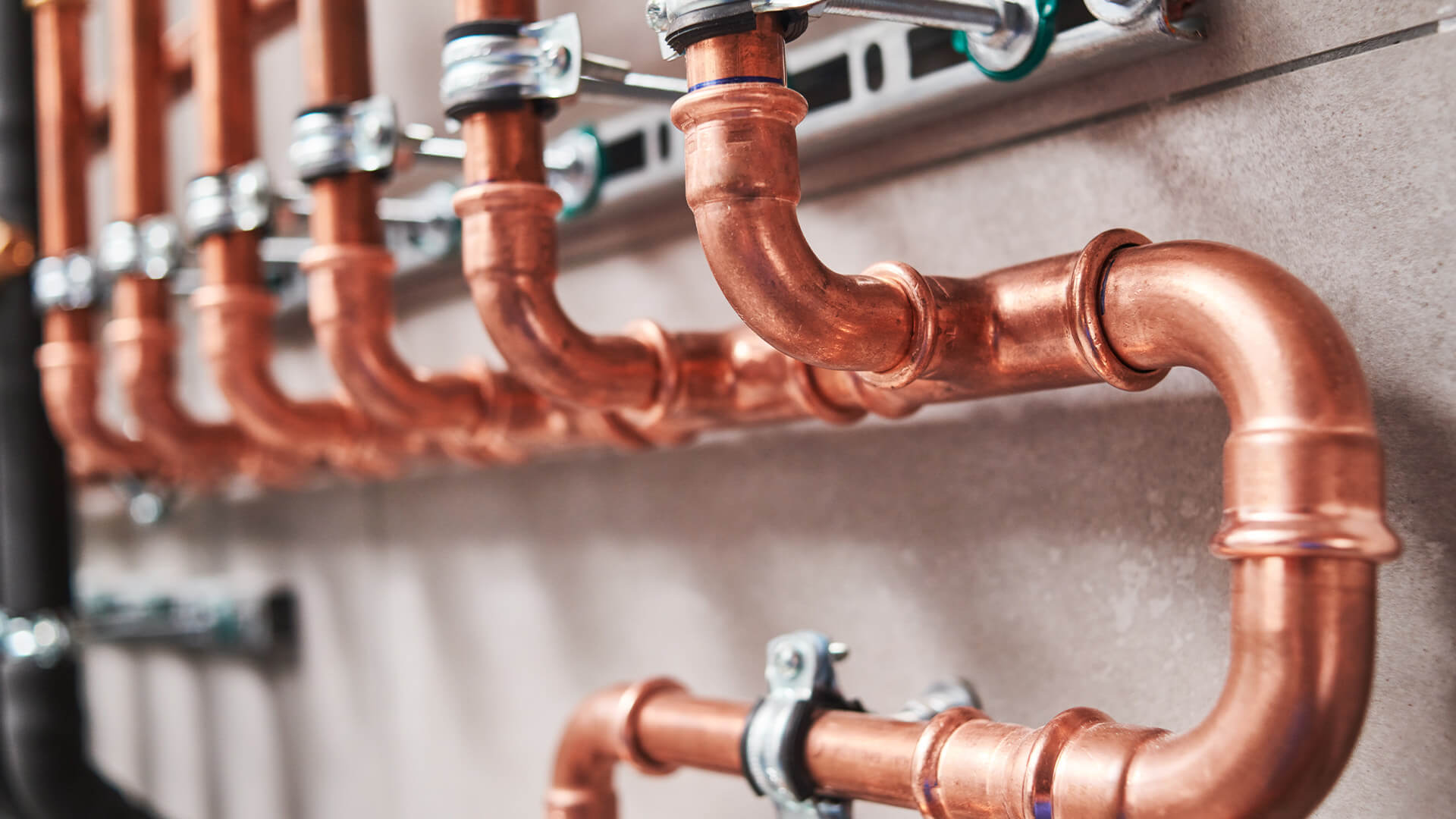
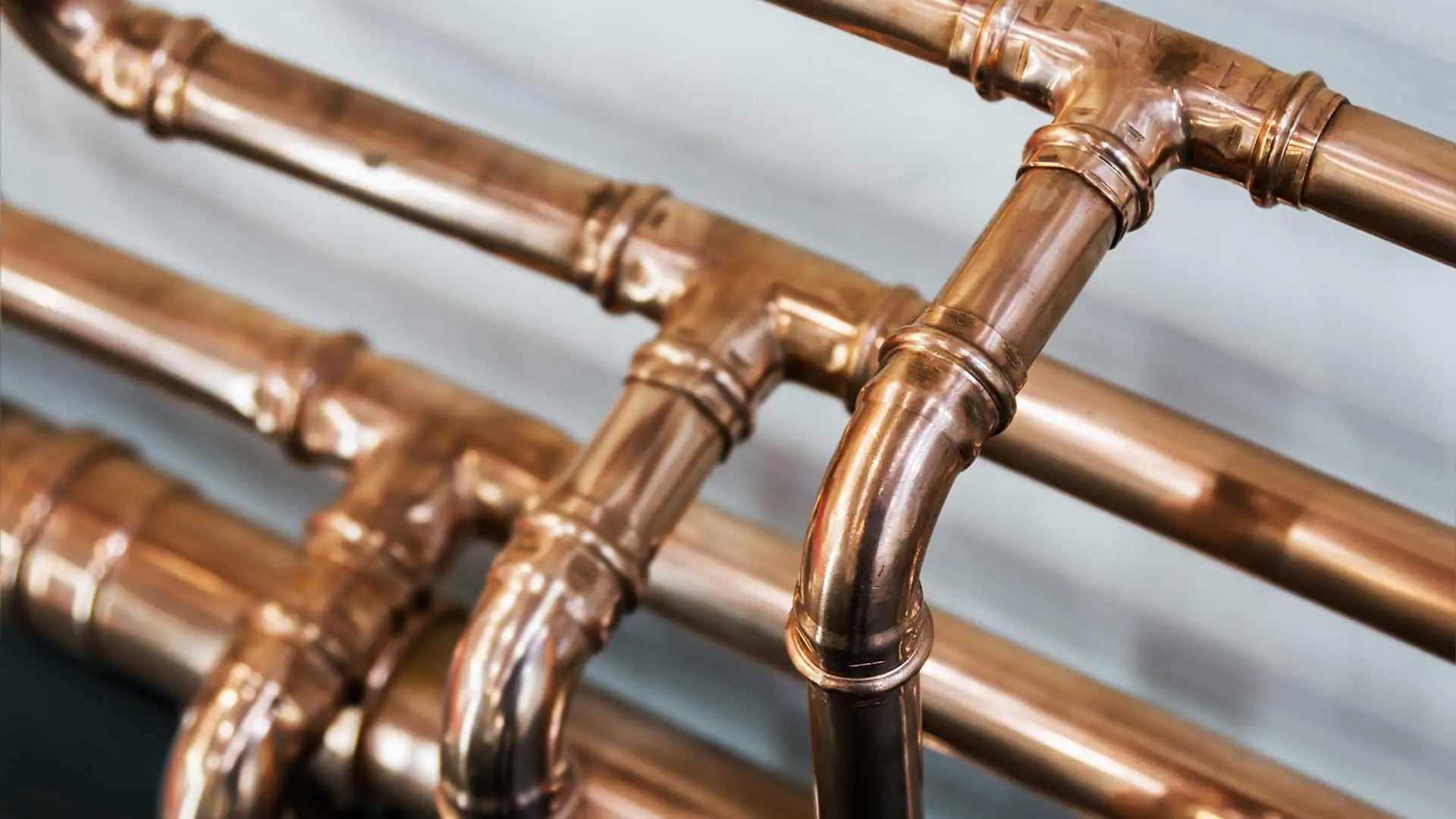
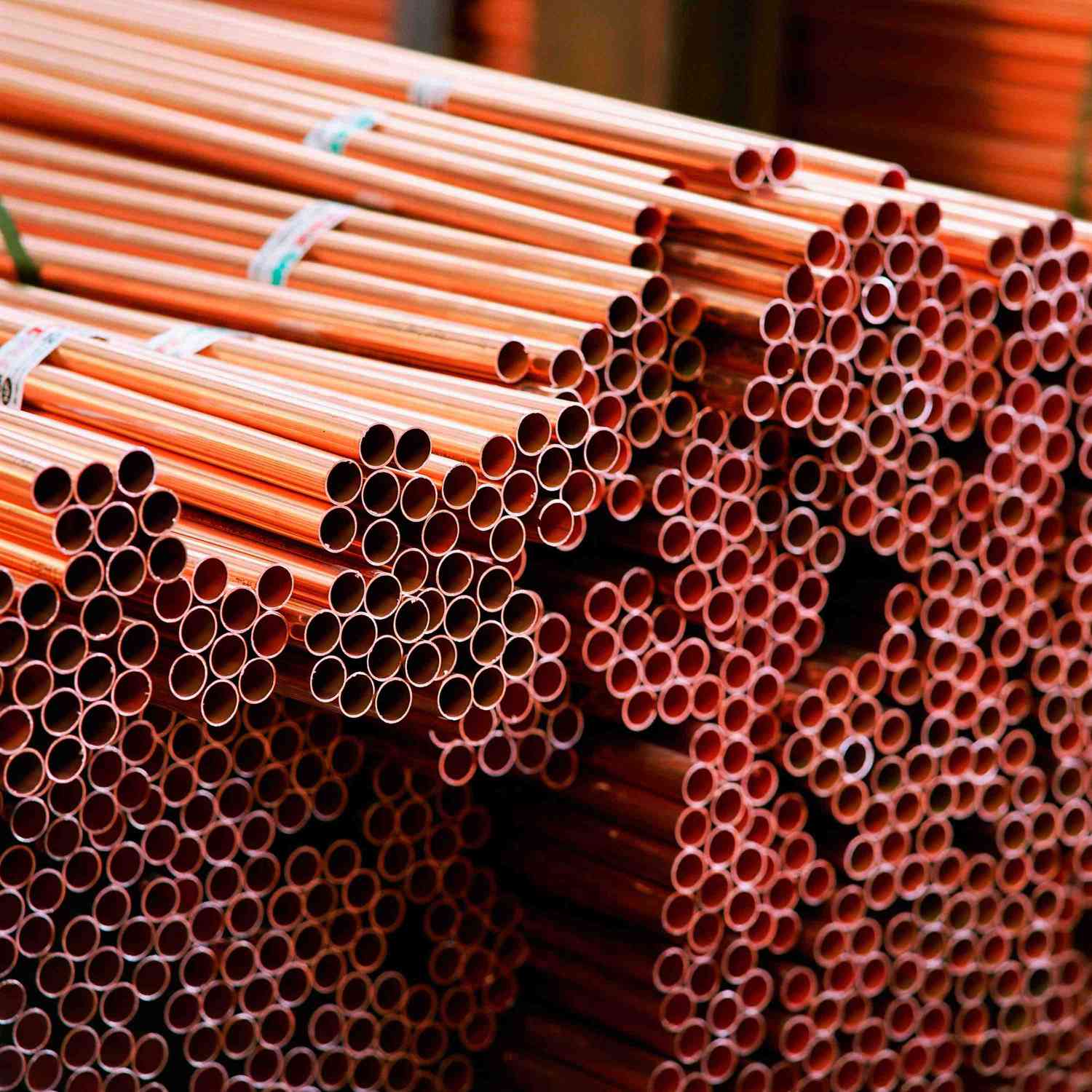
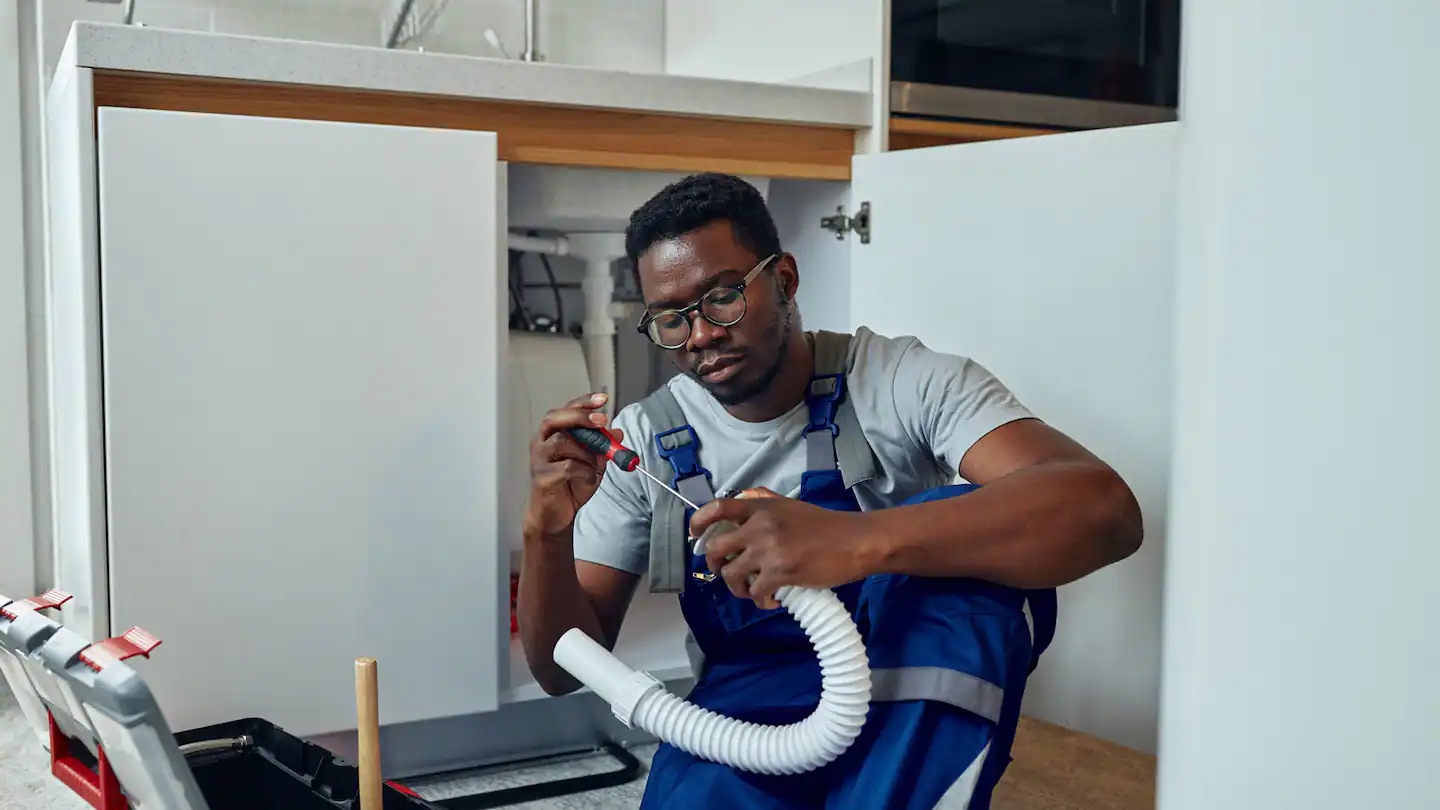
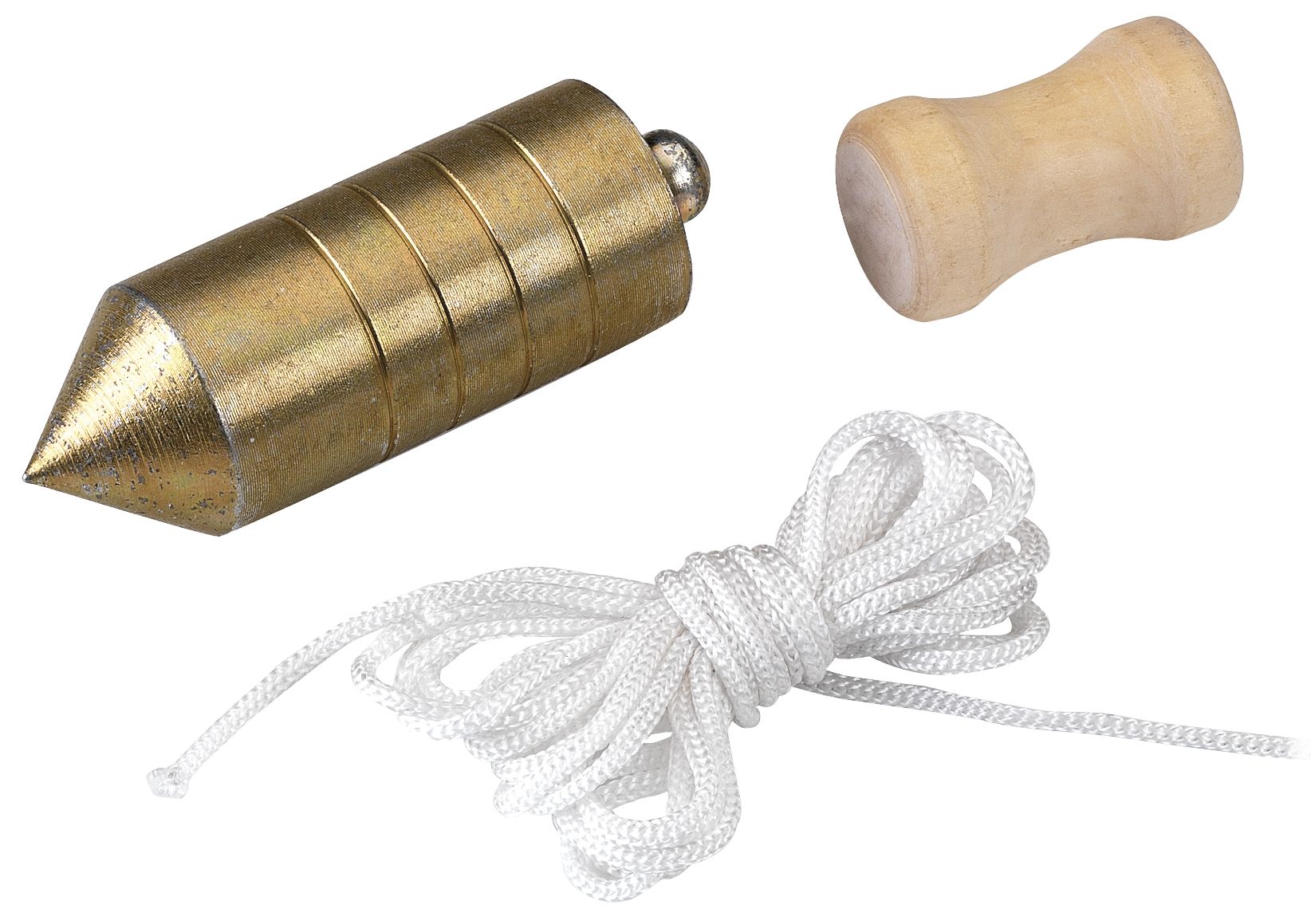

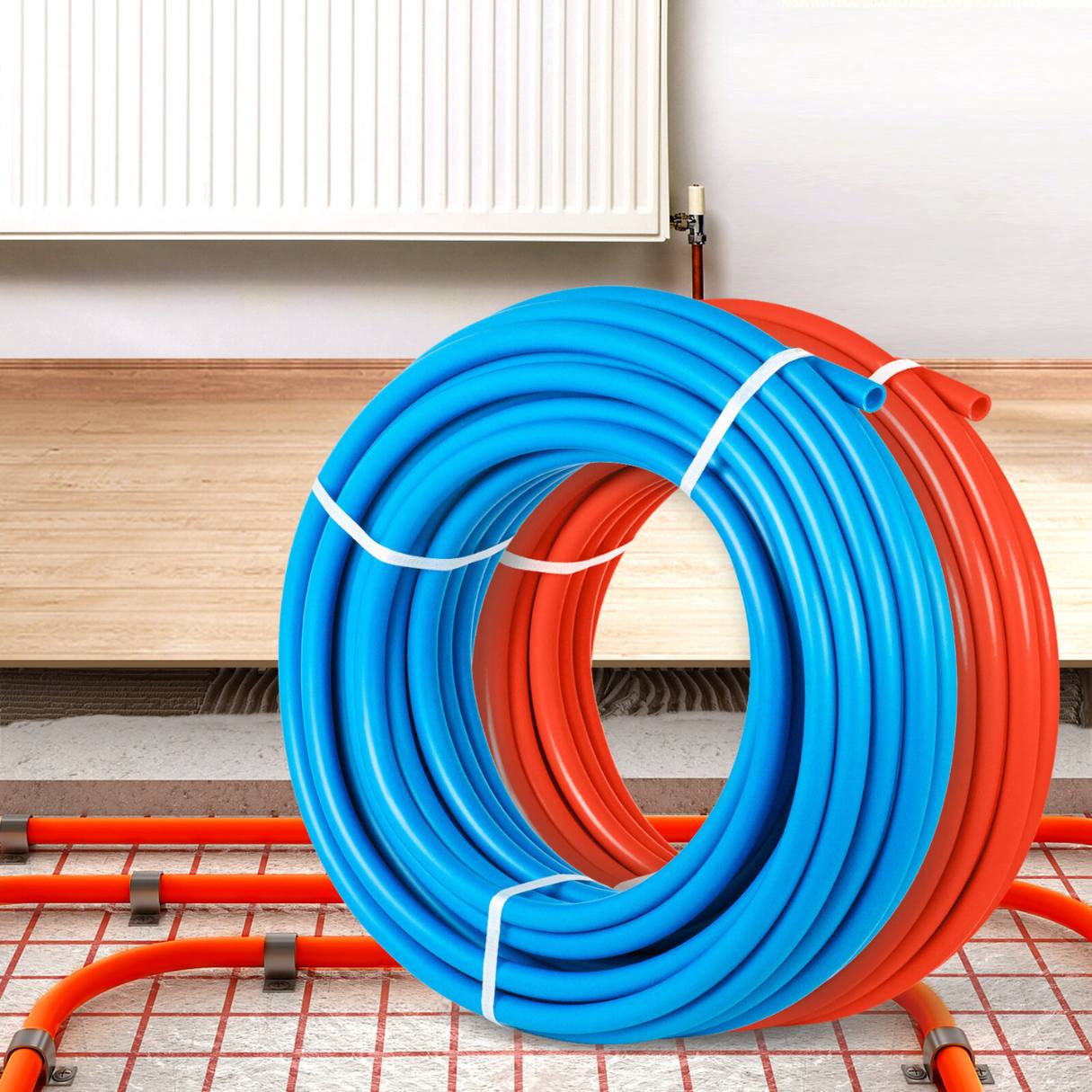
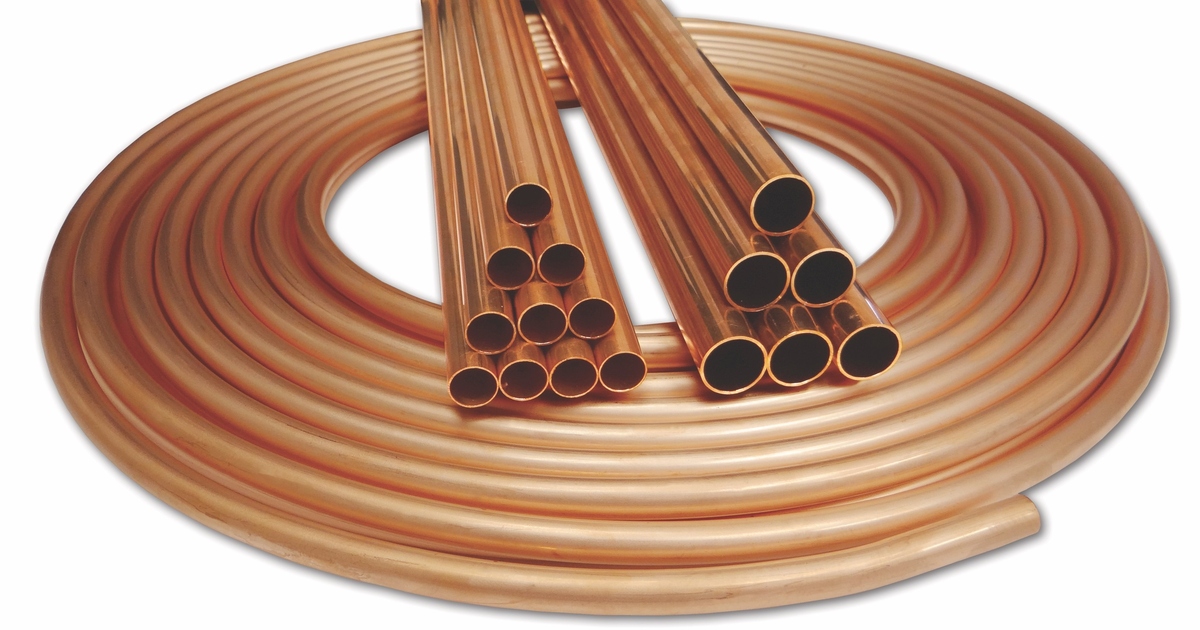
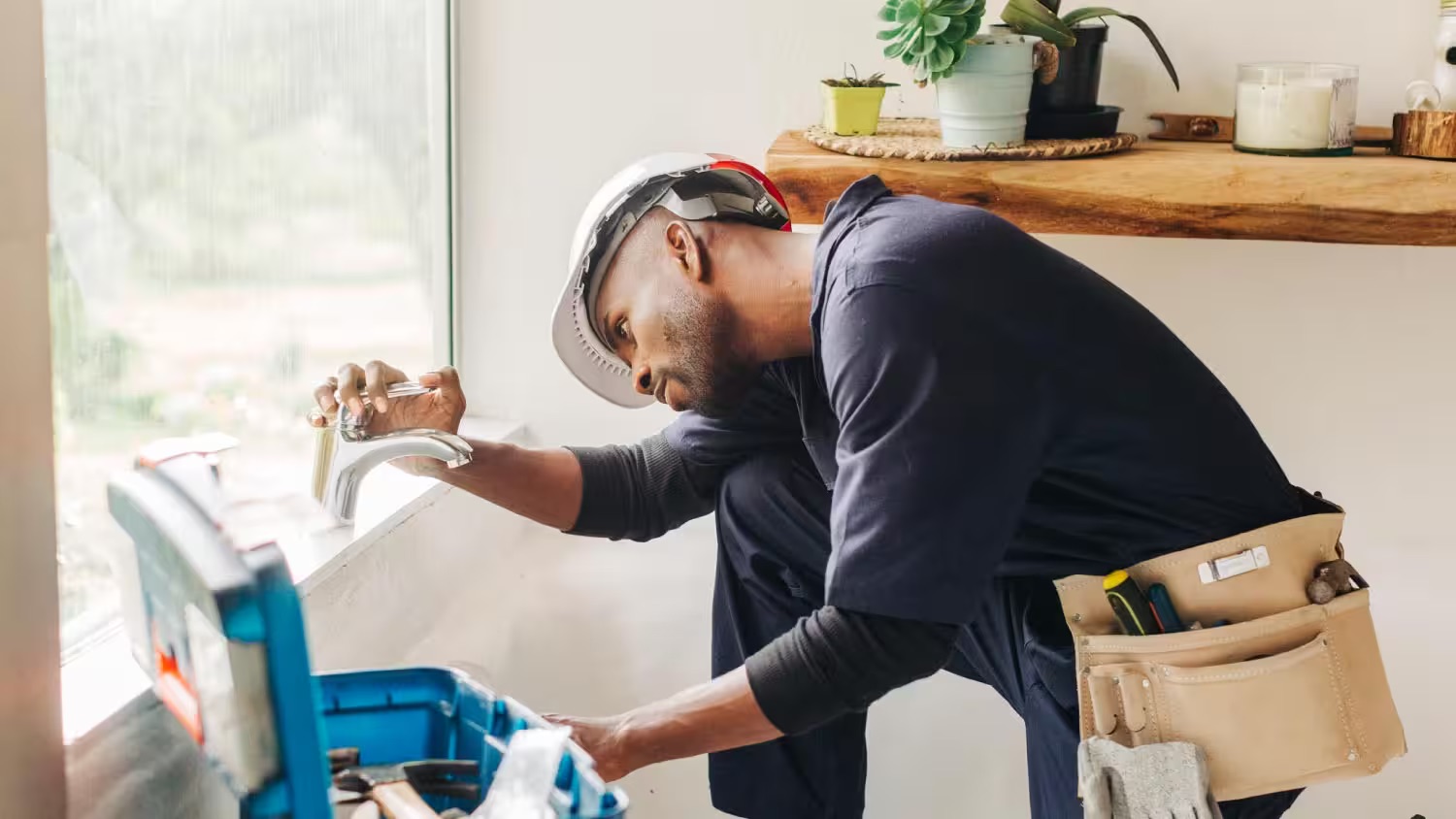
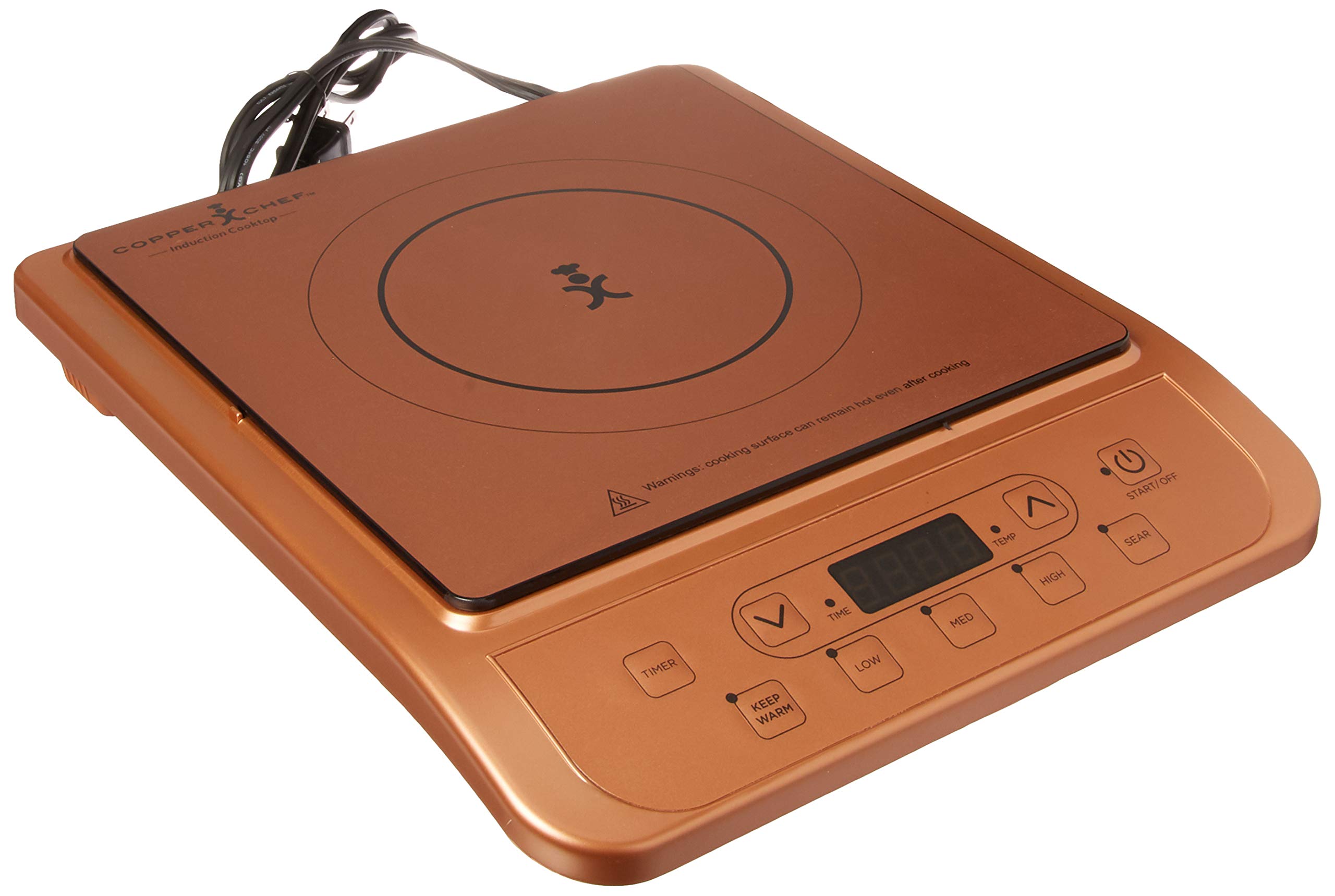
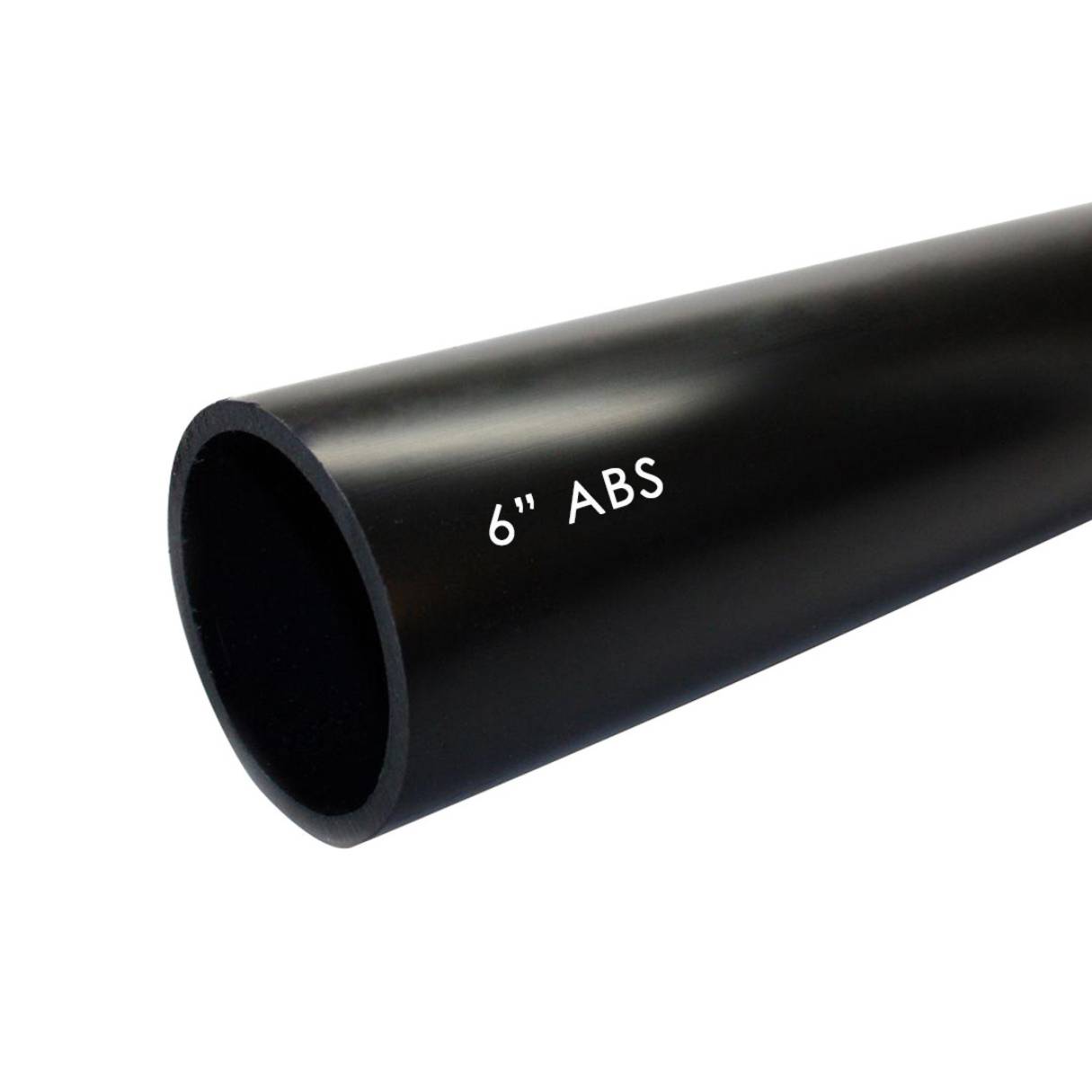
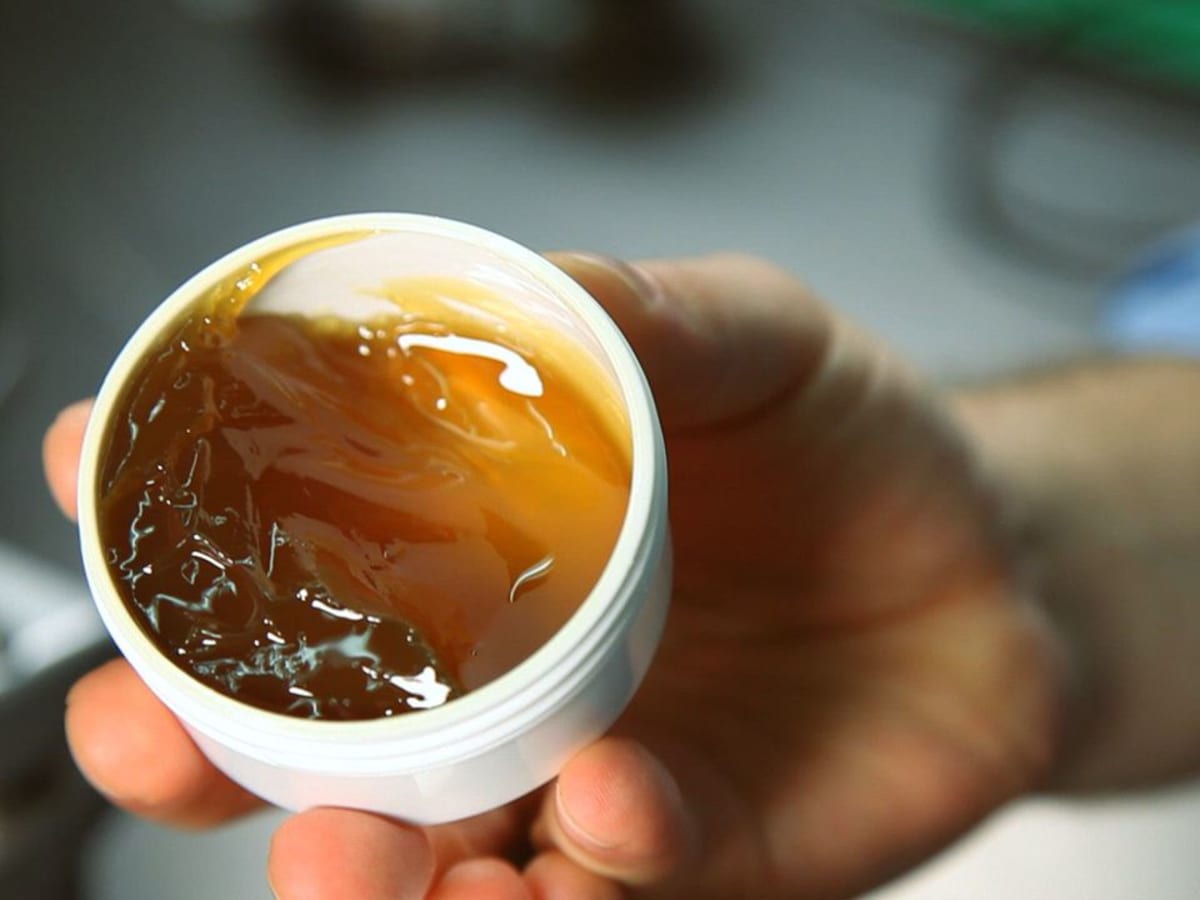
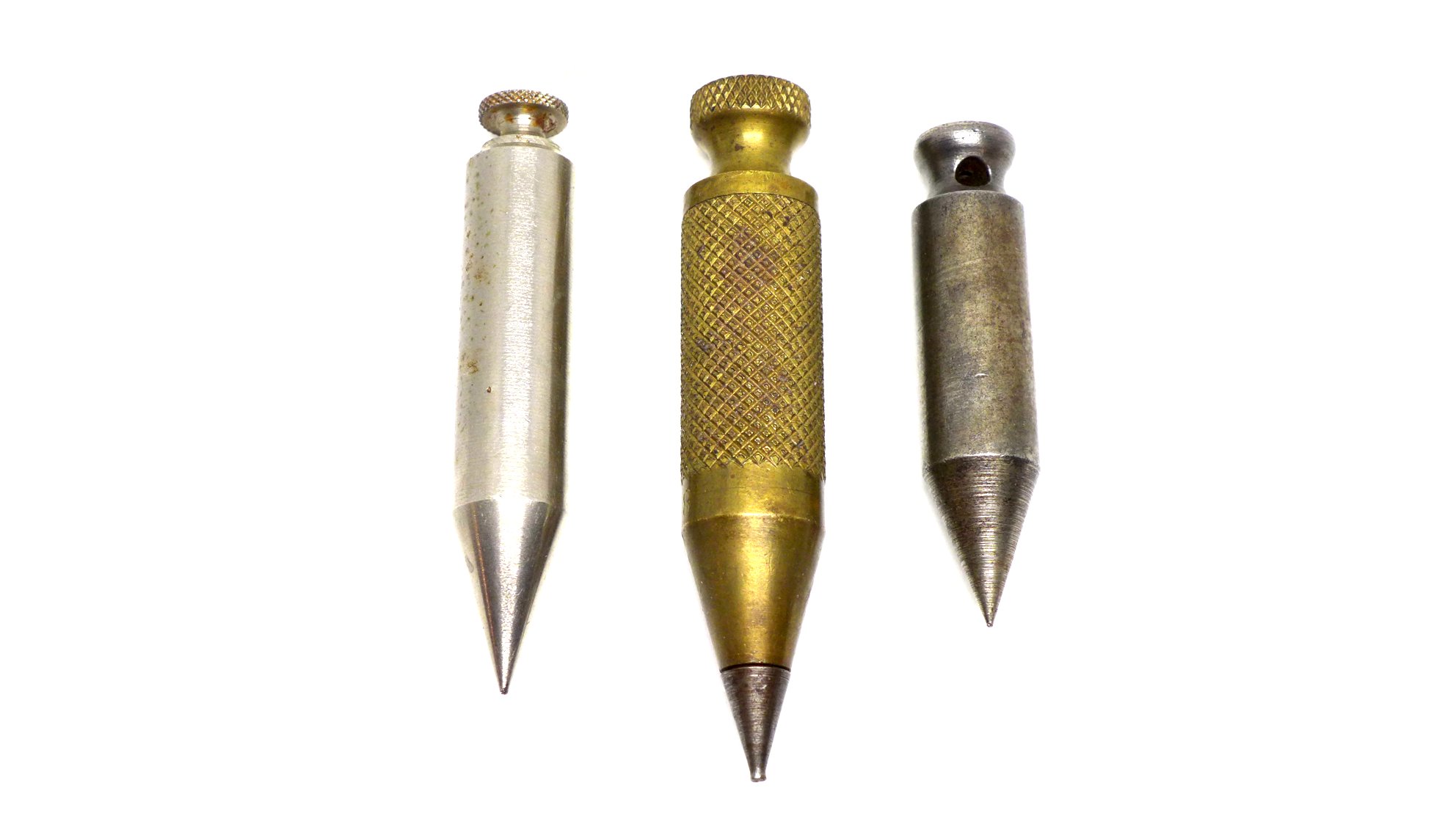

0 thoughts on “Why Is Copper Used For In Plumbing”